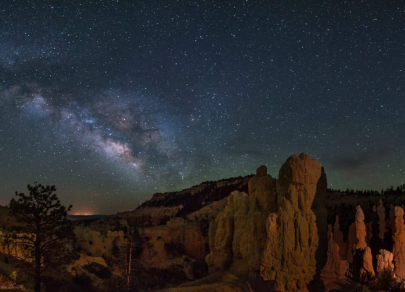
Top 5 locations for stargazing
Astrotourism is becoming more popular every year. People are willing to travel thousands of kilometers to admire the stars. But which places on Earth are considered the best for this? Let's find out now!



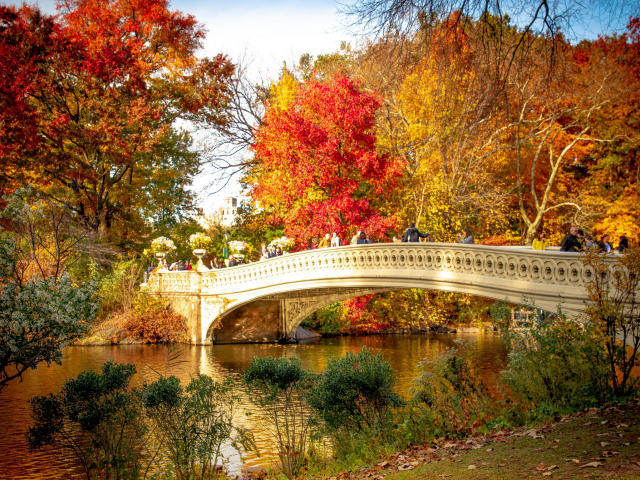
Central Park, New York
Next year, one of America's largest parks will celebrate 165 years since its foundation. With time, the park turned into a world celebrity. Located at the heart of New York, Manhattan, the landmark is visited by as many as 25 million people every year. In addition, Central Park is the most-filmed location in the world. It has starred in over 250 movies. The place owes its popularity to the harmonious landscape. It is home to more than 4 million trees and bushes as well as several artificial lakes and lawns.

Stanley Park, Vancouver
Stanley Park is Vancouver City’s main landmark. Its numerous selfie spots and rich flora and fauna attract over 8 million tourists every year. Stanley Park is home to more than 500,000 trees and bushes, a large bird sanctuary, and an aquarium. Still, the picturesque 9 km-long seawall, which takes about 3 hours to walk around, is believed to be the park’s main attraction.
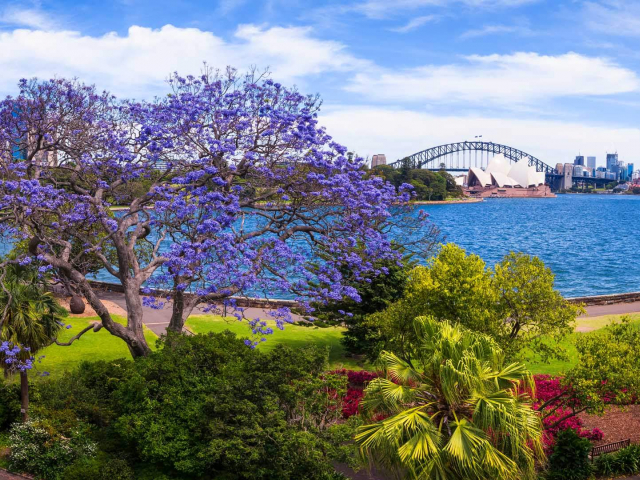
Royal Botanic Garden, Sydney
The Royal Botanic Garden sits in downtown Sydney, Australia. It was established over 200 years ago. Interestingly, some of its originally planted trees have survived to this day. Currently, about 9,000 plants and more than 4,000 trees grow in the Royal Botanic Garden. The evergreen jacaranda with bright purple flowers is one of its main attractions. Eucalyptus and palm trees grow there in large numbers. They are home to rare bird species, including large yellow-crested cockatoos living in the park.
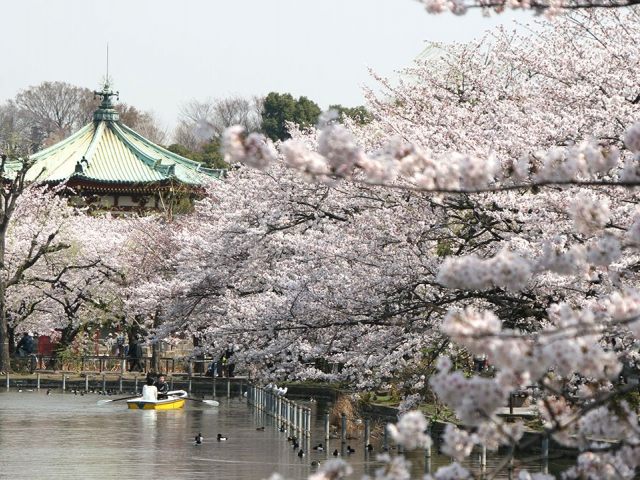
Ueno Park, Tokyo
Ueno Park is famous for hosting the glorious cherry blossom festival. This spectacular event takes place in late March-early April. Every year, the festival is attended by about 2 million people. Meanwhile, more than 10 million tourists visit the park annually. Notably, cherry blossoms are not the only attraction here. Thus, the park houses several large state museums at once. It is also home to Ueno Tōshō-gū, a Shinto shrine where a deity, which is considered one of Japan’s main guardians, is worshiped.
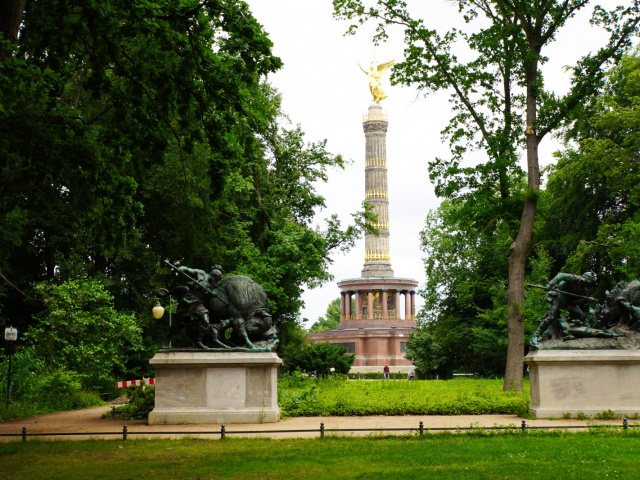
Tiergarten, Berlin
Located at the heart of the German capital, the Tiergarten is a former royal hunting area. Hunting grounds were transformed into a public garden in the middle of the 18th century by Frederick II. More than 200,000 trees grew in the park before World War II. However, in the post-war years, many of them were cut and used for firewood due to the shortage of coal. The park was restored based on old sketches and photographs in the 1960s. Currently, it is one of Berlin’s main landmarks.
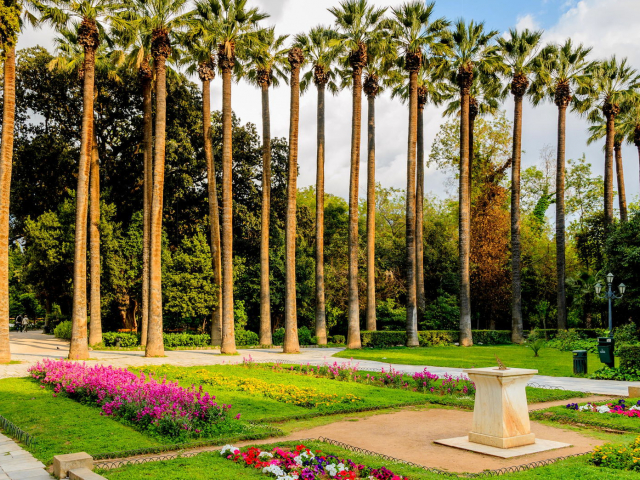
National Garden, Athens
The National Garden in Athens is known for its 12 Washingtonia palms planted by Queen Amalia of Greece. In fact, the foundation of the Royal Garden in 1840 was her idea. With time, the park was opened to the public and renamed "National Garden." Today, several hundred species of trees and bushes grow on the territory of this park, many of which are its same-age peers.
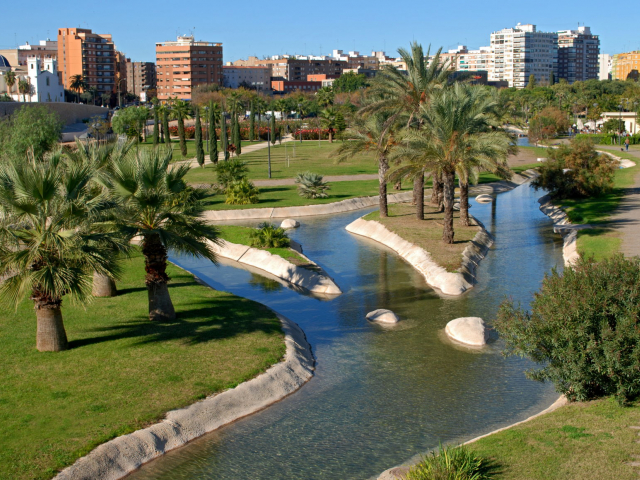
Turia Garden, Valencia
Located in the Spanish city of Valencia, the Turia Garden sits on the dry river bed of the El Turia River. That is where its name came from. This place is the youngest green urban oasis to be included in the rating of The Daily Mail. Opened in 1986, it is now Valencia’s main landmark, housing the Gulliver Park, Botanical Garden, Zoo, and Palace of Music. Numerous bridges adoring the Turia Garden, such as Trinidad, built in the 15th century, Royal, Marine, Flower, Exhibition, etc., are of great interest to tourists as well.

Astrotourism is becoming more popular every year. People are willing to travel thousands of kilometers to admire the stars. But which places on Earth are considered the best for this? Let's find out now!